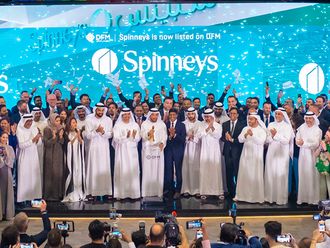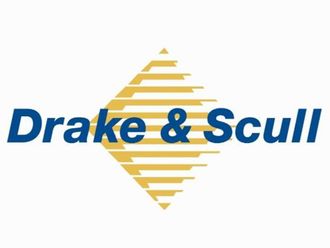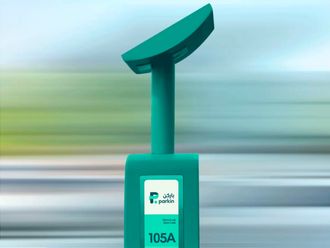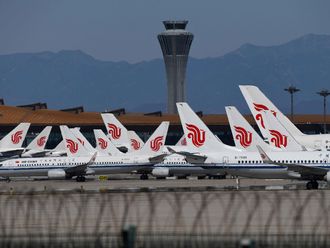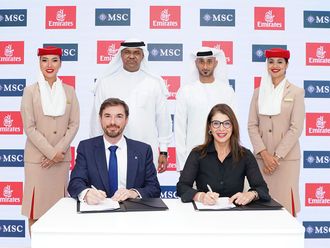
Dubai: The Saudi Arabian IPO market has proven itself to be one of the best performers globally, dominating in terms of IPO activity alone in 2023, with the exchange accounting for 11 out of a total of 13 IPOs in the Gulf by the middle of the year.
This naturally translates to nearly half of the total GCC IPO proceeds, generating $827 million (Dh3 billion), with the overall value of all listed companies traded on the Saudi Exchange main market as of December 2023 was SR11.2 billion (Dh10.9 billion).
The ninth largest stock market among the 67 members of the World Federation of Exchanges, the Saudi Exchange is emerging globally offering opportunities for investors seeking to grow their capital in the Middle East. So investing your hard-earned savings into the market will evidently give you higher investment returns than the peer markets.
Equities, Sukuk and bonds, exchange-traded funds (ETFs), real estate investment trusts (REITs), close-end investment funds (CEFs) and derivatives are all ways to invest in the Saudi stock market.
Here are some of the key qualifying criteria to invest in this market as well as risks and potential returns; all of which should be analysed before investing:
Are you eligible?
Investors must be Saudi, GCC nationals or registered Saudi residents. The investor must go to a member firm of the Exchange to open an investment portfolio.
Investors eligible for the stock exchange include natural persons, joint stock and limited liability companies, authorised persons, charitable and social institutions and associations, endowments, licensed mutual funds, public institutions and government funds.
The member firm will decide if the investor is eligible to open an investment portfolio based on the conditions set out by the Securities Depository Center Company – also known as Edaa.
What are the required documents?
Eligible investors must provide identification documents, which are a copy of the identification card or family card for Saudi and GCC nationals, a copy of a valid residency, and the passport for non-GCC nationals or registered Saudi residents.
For companies, the required documents include a copy of the commercial register, the company’s articles of association, a copy of the board of directors’ resolution approving the investment portfolio for the company, and copies of identification cards of the members of the board of directors.
The investor can have an authorised person to make decisions on their behalf, and the documents required to authorise a proxy are copies of the commercial register, licence and a letter of engagement in business.
What are the regulations for international investors?
To expand investor range, Saudi Arabia introduced the Qualified Foreign Investor (QFI) programme for institutional investors. Banks, brokerages, security firms, insurance companies, investment funds, and government-related entities are eligible for this programme.
Investors must complete QFI forms and provide a copy of certificate of incorporation, evidence of regulatory status and copy of its most recent annual report and accounts, audited financial statements, details of suspension of any license or permission by a regulator, and a list of the QFI’s affiliates and disclose investments in listed companies.
An international investor must not own ten per cent or more of the shares of any issuer, and more than 49 per cent of shares in aggregate except for foreign strategic investors – which is a legal entity that aims to own a direct percentage of a listed company’s shares for two years or more.
All international investors must be licensed for regulatory oversight, and all applicants other than government-related entities must have assets under managements of at least $500m (Dh1.8b).
What is Nomu?
Saudi Parallel Market, known as Nomu, is an alternative equity platform with lighter listing requirements for companies.
To be qualified, the investor has to meet at least one of the following criteria:
- Capital Market Institutions trading on their own account.
- An authorised person making decisions on behalf of the client concerning the acceptance of an offer and investment in Nomu without obtaining prior approval from the client.
- Saudi Arabia’s government and any related bodies.
- International authority recognized by the Exchange and any other stock exchange recognised by Edaa.
- Government-owned companies either directly or through a portfolio managed by an authorised person.
- Companies and funds established in a GCC member state.
- Investment Funds.
- Qualified foreign financial institutions.
- Non-resident foreigners permitted to invest in Nomu and who meet the requirements outlined for the investment of non-resident foreigners in the parallel market.
- Any person legally allowed to open an investment account in Saudi Arabia and an account at Edaa.



